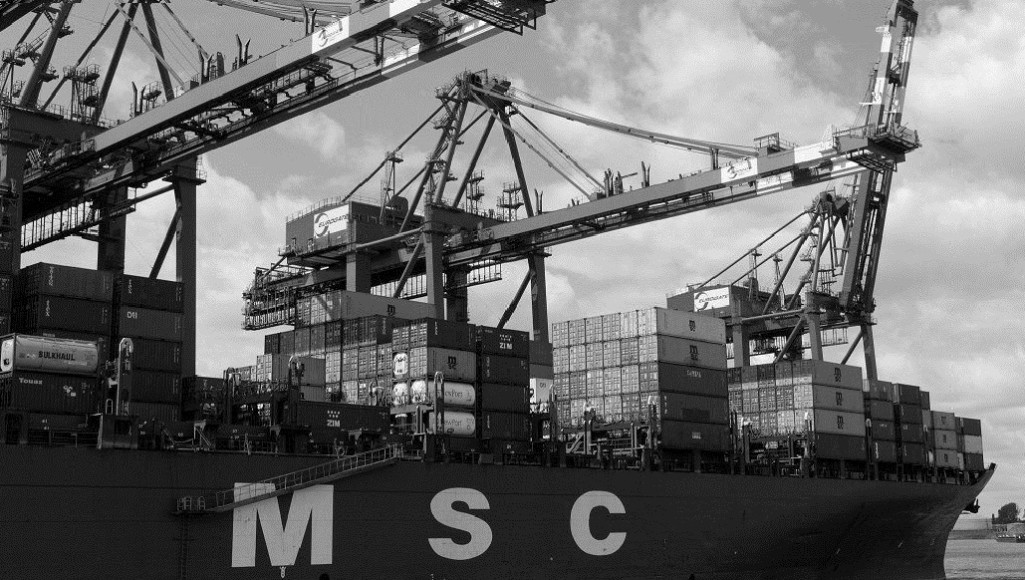There is considerable anecdotal evidence of US companies moving from high-tax states to low-tax states, but what do the data reveal about the impact of state taxation on economic activity? This research finds that firms subject to state-level corporate taxation respond to higher corporate tax rates by closing establishments and reducing employment; those subject only to state-level personal income taxation respond similarly to individual income tax rates, though to a lesser extent. Since half of these responses are due to reallocation of business activity to lower-tax states, tax competition across states clearly plays a first-order role in corporate decision-making.
Business
Who benefits from corporate tax cuts? Evidence from local US labour markets
Quantifying who benefits from corporate tax cuts requires estimates of the effects of taxes on the local economy and on the location decisions of firms and workers. This research analyses every change in state business taxes in the United States since 1980 to show that the largest beneficiaries from a tax cut are the owners of firms (40%), with landowners and workers splitting the remaining (60%) of the economic gains. Where the benefits of corporate tax cuts fall ultimately depends on the relative mobility of firms and workers – and many factors other than tax rates influence their choice of location.
How tax rates influence the migration of superstar inventors
This paper shows that taxes affect the international location decisions of the best “superstar” inventors. Higher tax rates lead to a significantly lower share of superstar inventors remaining in their home country and a lower share of foreign superstar inventors who move to the country. This may have significant fiscal and innovation costs for a country that should be taken into account when setting tax policy.
Prices, markups and trade reform
In our globalized economy, information about the costs, benefits, and distributional consequences of lowering trade barriers is essential to policymakers trying to decide if a particular agreement should be supported. This research fills an important gap in our knowledge concerning the effects of reducing trade barriers when firms have some degree of monopoly power.
Climate change: the potential impact on global agricultural markets
Many fear that climate change will have severe effects on the global economy, particularly through the threat to food production and farmers’ earnings. This research suggests that much of the potential harm could be avoided if farmers can switch their crops in response to changing relative yields.










